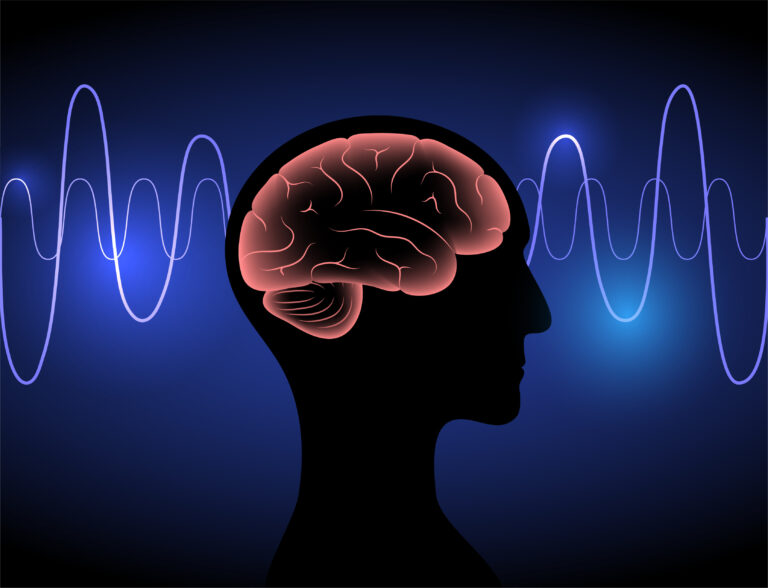The Growing Field Of Neuropsychiatry: An Introduction
Neuropsychiatry is a growing field that bridges the gap between neurology and psychiatry. It helps us understand how the brain and mind connect. This area focuses on conditions like Mckinney psychotic disorders, where both neurological and psychiatric symptoms appear together. By studying these disorders, we can find better ways to treat them. This field promises a future with improved mental and neurological health.
Why Neuropsychiatry Matters
Neuropsychiatry explores the overlap between mental health issues and brain disorders. It focuses on how brain injury or disease can affect behavior and cognition. This approach helps in creating a comprehensive treatment plan that addresses both the mind and brain. The goal is to improve outcomes for patients, offering them a better quality of life.
Common Conditions Studied in Neuropsychiatry
In neuropsychiatry, a range of conditions come under scrutiny. These include:
- Depression linked with Parkinson’s disease
- Anxiety following a stroke
- Bipolar disorder with multiple sclerosis
Understanding these conditions requires a deep look at how emotional and cognitive functions interact. This is key for developing treatment plans that cater to both mental and neurological needs.

Key Differences Between Psychiatry and Neuropsychiatry
Neuropsychiatry is distinct from traditional psychiatry in crucial ways. Here’s a simple comparison:
| Aspect | Psychiatry | Neuropsychiatry |
| Focus | Mental health disorders | Interaction of mental and neurological disorders |
| Approach | Therapy and medication | Integrated brain and mind approach |
| Treatment | Psychological and pharmacological | Multidisciplinary, including neurology |
This table highlights how neuropsychiatry aims to merge insights from both the physical and mental health domains.
The Role of Research and Innovation
Research is crucial in advancing neuropsychiatry. Studies on the brain’s structure and function play a big role. These insights help in understanding and managing complex disorders. For example, advancements in imaging technology have opened new doors to identifying brain patterns linked with mental health issues. This kind of research is pivotal. For more information on related research, check out this resource from The National Institute of Mental Health.
The Future of Neuropsychiatry
Looking ahead, the future of neuropsychiatry seems promising. With continuous research and new technologies, better diagnostic tools and treatments will emerge. This progress will likely improve patient care, offering hope for those with complex neuropsychiatric conditions.
Conclusion
Neuropsychiatry is reshaping how we view and treat conditions that affect both the brain and mind. By integrating neurological and psychiatric care, it offers a comprehensive approach to treatment. As this field grows, it holds the promise of enhanced care and a deeper understanding of the intricate relationship between the brain and behavior. To learn more about neuropsychiatry, visit Stanford Medicine’s Neuropsychiatry Program.








